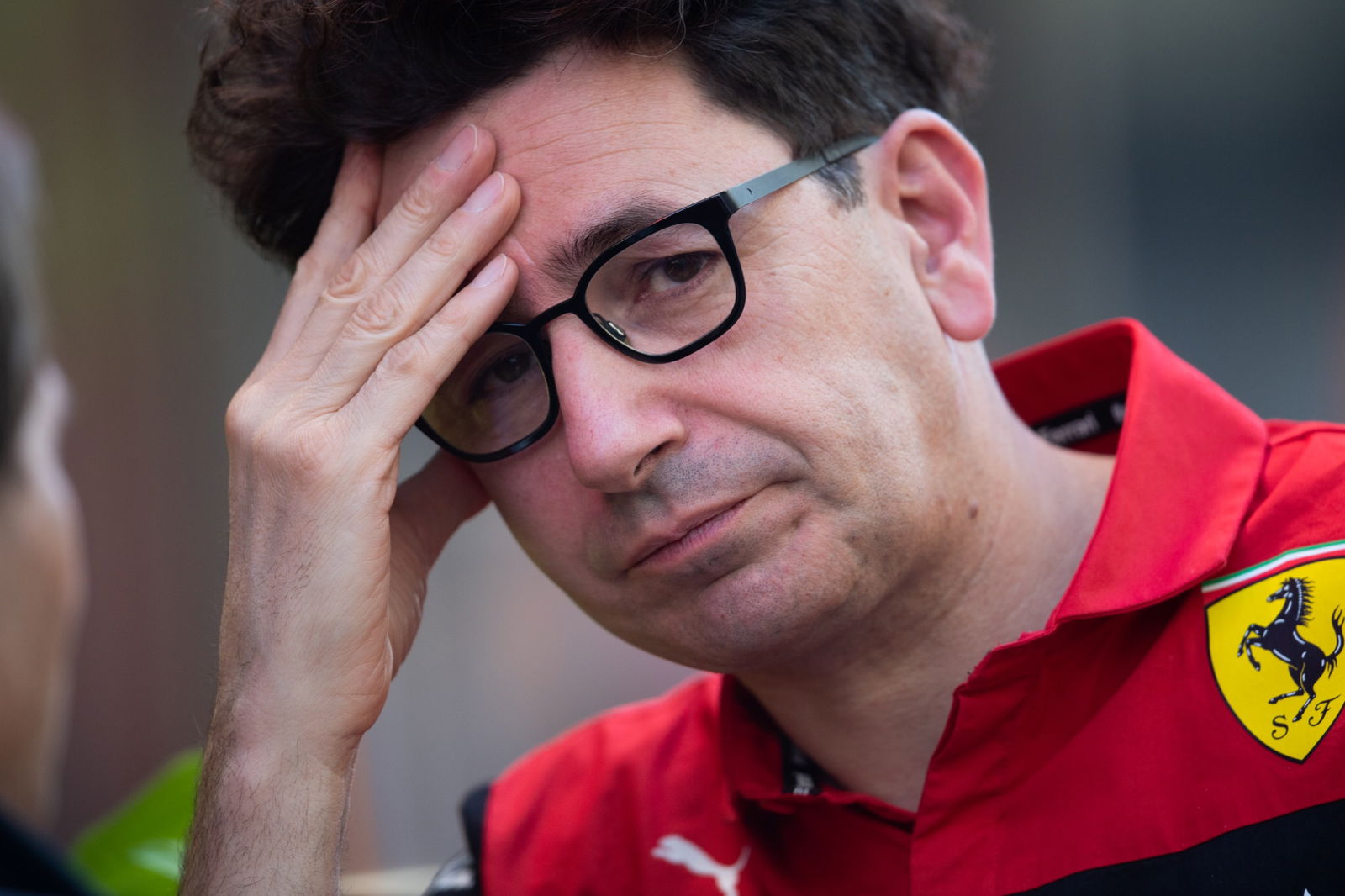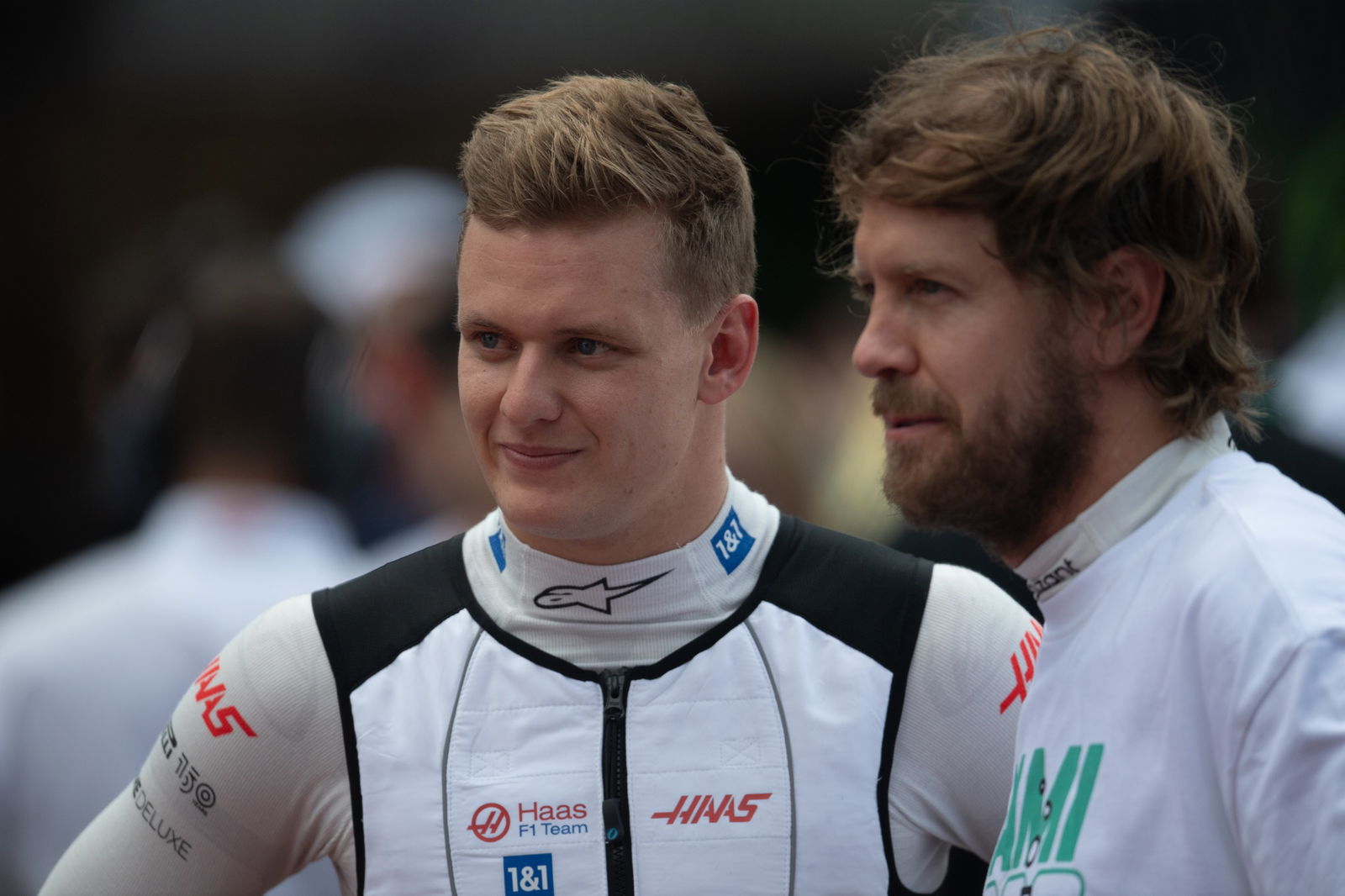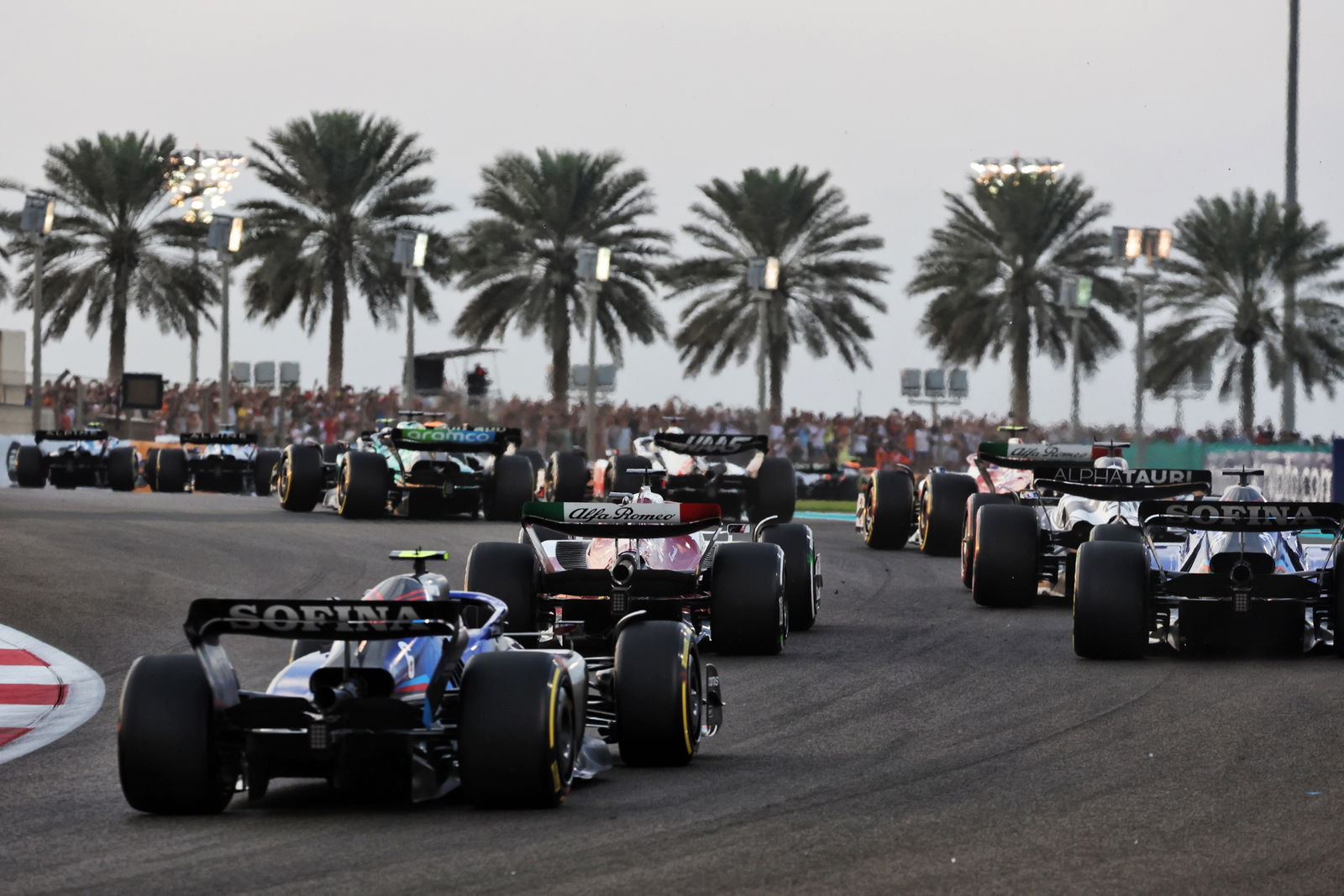Did Mattia Binotto’s Mercedes-style ‘no blame’ philosophy cost him his job?

Binotto will leave his role as Ferrari team boss at the end of the month, bringing an end to his four-year stint at the helm of the team.
Ferrari managed just four wins in 2022, compared to Red Bull’s 17.
The Italian giant did have the fastest car over one lap for much of the season but a combination of poor strategy and operations errors cost them.
Sky Sports F1 commentator David Croft believes Binotto’s attempts to implement a no blame culture at Ferrari - like Toto Wolff has at Mercedes - may have cost him his job.
“Did Mattia Binotto pay the price for a season of over expectation?” Croft said. “No is the answer to that. As you say, they’ve engineered the fastest car. Did he pay the price for trying to protect the staff at Maranello for the intense scrutiny and any public blame?
“Yes I think he did. Toto Wolff creates a culture of no blame at Mercedes. Mattia tries to do the same at Ferrari. One is feted for that but the other has to resign for that.”
Chandhok - who is a pundit for Sky - was quick to point out the key difference between Binotto and Wolff’s management style.
“There’s a difference because there’s one thing about creating a no blame culture, however, if someone is not performing - in their case the strategy wasn’t - you have to make changes,” he added. “Mattia perhaps leaned towards protecting the people and not sacking people mid-season, and maybe hesitated from making the changes required.”

The former HRT and Lotus F1 driver doesn’t believe swapping Binotto for Frederic Vasseur will cure Ferrari’s plethora of problems.
“I don’t necessarily think that’s the answer,” Chandhok explained. “It feels a bit football manager-esque. There were issues on the operational side. If you look at it from a technical standpoint, in terms of R&D and design, they produced a very fast car.
“They had the fastest car over one lap this year but operationally, reliability-wise they had issues. I don’t think just changing the person at the top is the answer.”


